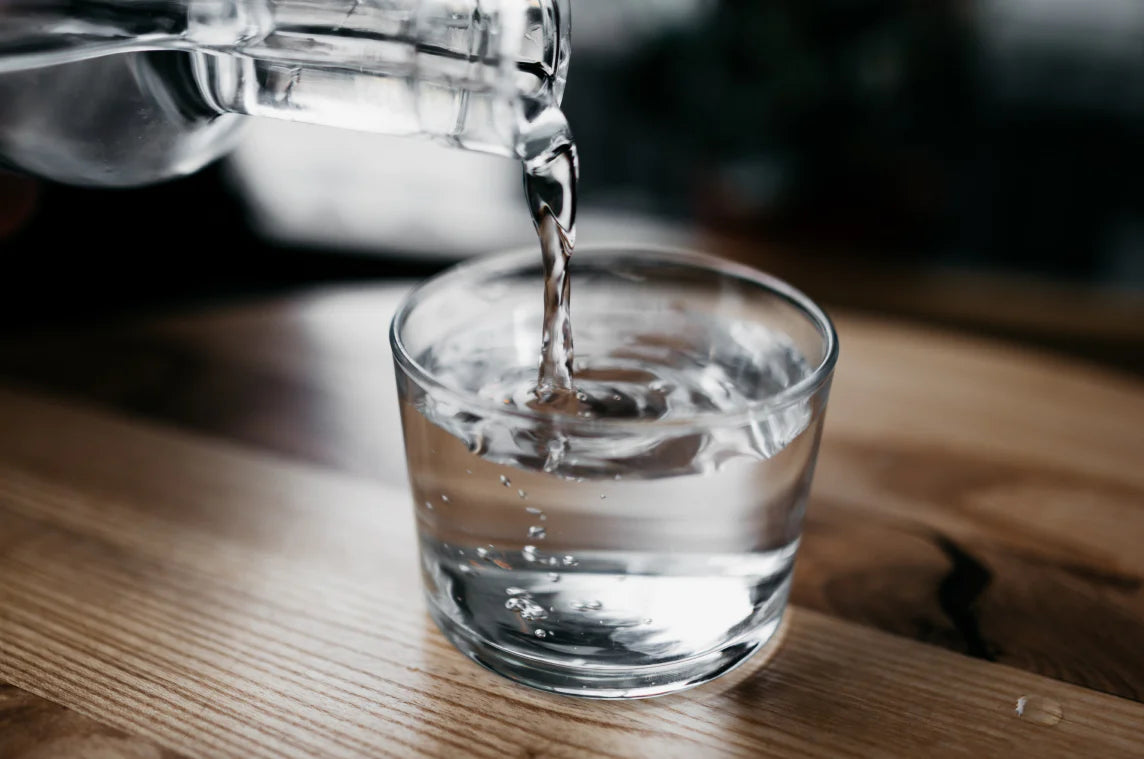What is NSF International?
NSF International is an accredited, independent third-party certification body that tests and certifies the safety and performance of products. Every reputable manufacturer of water filtration equipment relies on NSF certification to verify their claims. Without NSF certification, a company can make any claim they want about their products with no independent verification available to the consumer.
NSF certification also ensures that a given product's manufacturing process complies with defined standards of performance. The leading manufacturers universally rely on the stringent regulations established by NSF.
You might sometimes read that a product has been tested “according to NSF", or similar language. This is just a way to avoid NSF standards, thus effectively meaningless.
What counts is whether the claims are actually NSF-certified.
At Better Waters, we believe that NSF's work is of great value to our industry. We also believe that consumers should understand their methods and underlying assumptions.
What you should know about NSF certification.
NSF only tests for what a manufacturer pays them.
The NSF website posts ratings of their certified water filters. But it’s not always straightforward from the rating alone just what a filter removes. A manufacturer with an extraordinary filter may have only paid NSF to test for a limited number of water quality factors. Or a company may choose to pay NSF to test for a substance that is harmless or never actually present.
For example, let's imagine a company sees that no one ever asked NSF to test for “gobablob” reduction. Now “gobablob” is harmless and any filter would take it out. They pay NSF to test their filter for “gobablob” reduction. Then they claim that they make the only filter NSF-certified to reduce gobablob”. OK, but… so what?
NSF-rated capacity makes assumptions.
These assumptions are:
- That all of the contaminants identified as effectively reduced are:
- present in the water to be filtered.
- at high levels.
- After the stated capacity, the filter should still be able to remove 200% of all the claimed contaminants.
What NSF-rated capacity really means is that after a certain number of gallons has passed through the filter, it still takes out twice as much of the single contaminant which the filter has the least capacity to reduce, assuming it is present at a high level. In the real-world, the stated longevity may be much more (or possibly much less) than NSF states.
The fewer contaminants NSF is asked to test, the higher capacity rating the filter is likely to receive.
Similarly, the more contaminants on the test list, the lower the capacity rating the filter is likely to receive. This means that a filter with greater capacity isn't necessarily better than one with less capacity. It more likely means that the manufacturer contracted with NSF to test for fewer contaminants.
Just because the NSF-certification doesn't mention a particular contaminant doesn't mean that contaminant is not reduced.
For example, manufacturers know that the same filtration media used to reduce VOCs (Volatile Organic Compounds) also works for THMs (Trihalomethanes). VOC reduction is actually harder to achieve, so a company may elect to pay NSF only for the tougher VOC certification, on the valid assumption that the product is just as effective against THMs. To make sense of this, a consumer practically needs a degree in water filtration technologies!
In New York City the water supply has relatively high THM levels but nonexistent levels of VOCs. A filter NSF-certified for VOC reduction, but not specifically for THM, actually reduces both.
NSF does not reference "removing" contaminants.
NSF uses the word “reduction”, not “removal”. Technically, they are correct. Removing contaminants from water is always about percentages and probabilities. Nothing can be assured 100%. “Removes 99.99%” and “reduces by 99.99%” mean the same thing.

Share:
NYC tap water before / after XL7000 filtration
In-depth essay: What to understand when choosing a filter for drinking water